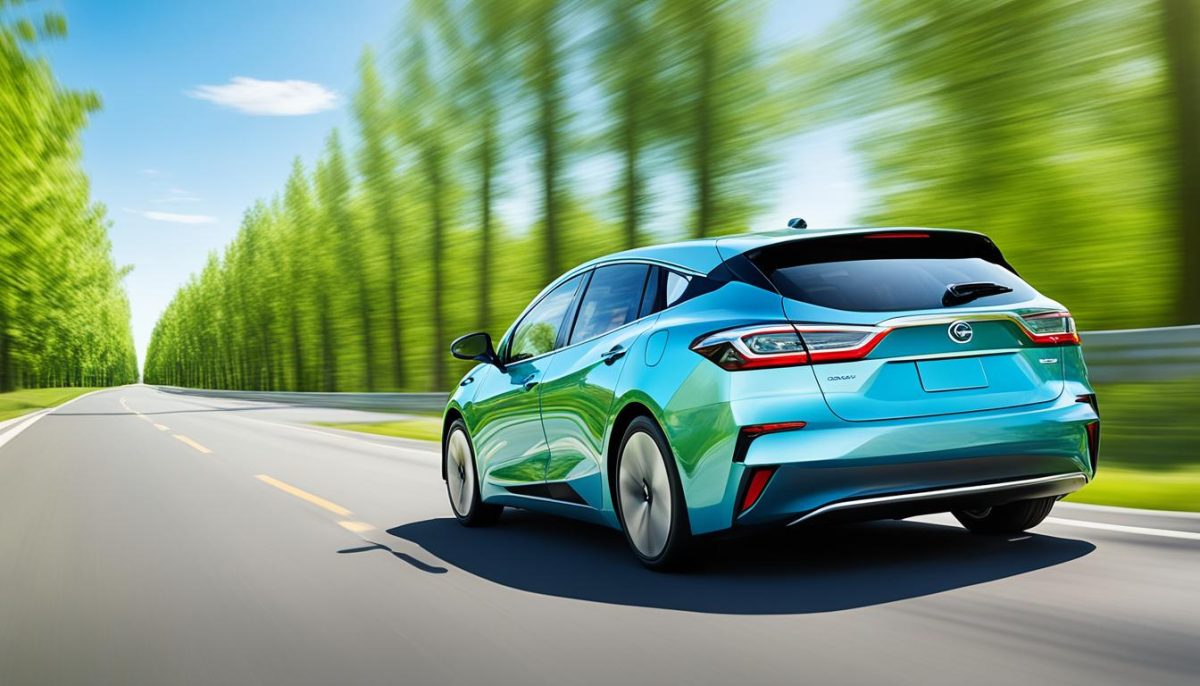The availability of oil, crucial for producing gasoline and diesel fuel, is a limited resource. Experts predict that global oil production will start decreasing sometime between 2005 and 2020, with some suggesting it has already begun. As conventional oil production dwindles, oil prices are expected to soar, making alternative oil substitutes more economically viable.

However, a rapid surge in oil prices could wreak havoc on the world economy and trigger significant economic and geopolitical tensions. To mitigate these risks, it’s essential to pursue slower oil price growth, allowing for the gradual development and adoption of substitute technologies and giving people time to transition to more sustainable lifestyles.
In the United States, transportation stands as the largest consumer of oil, accounting for a substantial portion of overall consumption. Addressing transportation technologies, systems, and behaviors is crucial in any effort to reduce oil consumption. Notably, passenger cars and light trucks represent a significant portion of US transportation oil usage.
Consumers are already responding to rising oil prices by turning to hybrid vehicles like the Toyota Prius™ and Ford Escape™ Hybrid, resulting in declining sales of large SUVs and rising sales of smaller cars.
However, traditional hybrids achieving 35-55 MPG won’t suffice to prevent future oil price shocks or combat global warming. Plug-in hybrids, such as the Extreme Hybrid™, drawing most of their energy from the electric grid, have the potential to achieve 150 MPG and make a substantial impact.
A graph illustrating US oil usage by passenger cars and light trucks, measured in barrels per day at various fleet average MPG levels, highlights the potential impact of different fuel efficiencies. For instance, while the actual fleet average MPG in 2004 was 21, corresponding to approximately 9 million barrels per day of oil usage, if the average MPG increased to 50 (akin to everyone driving a Prius), oil usage would drop to 3.8 million barrels per day. However, a much more significant delay in reaching the point where world oil production falls below potential demand could be achieved if the fleet average MPG increased to 150, as might be achievable with widespread adoption of plug-in hybrids like the Extreme Hybrid™.
